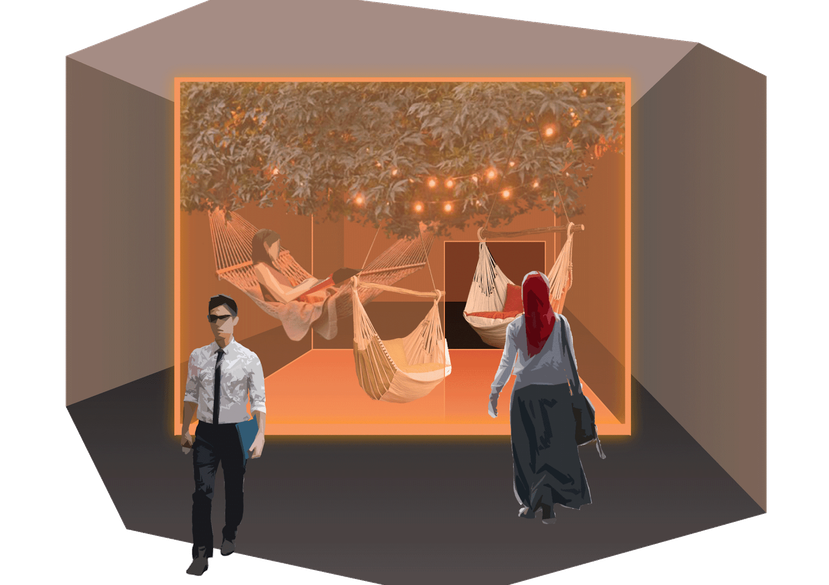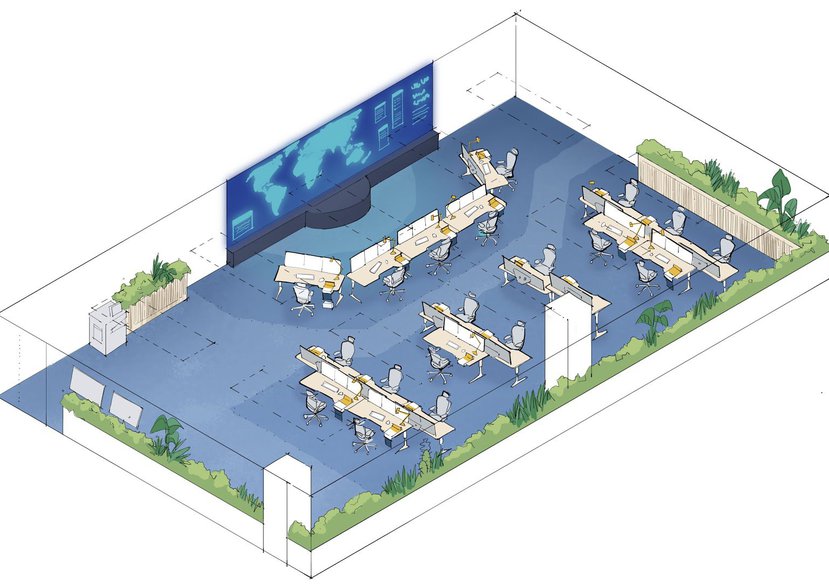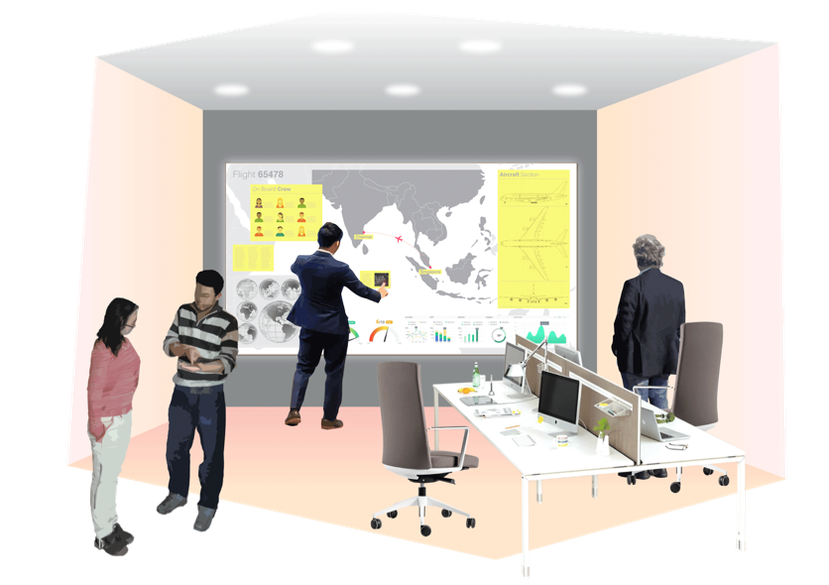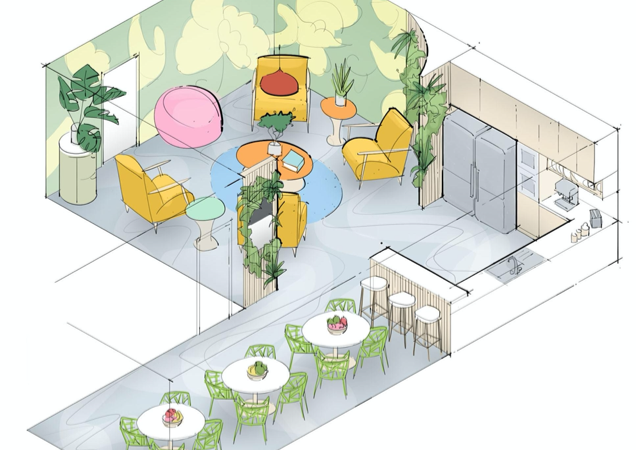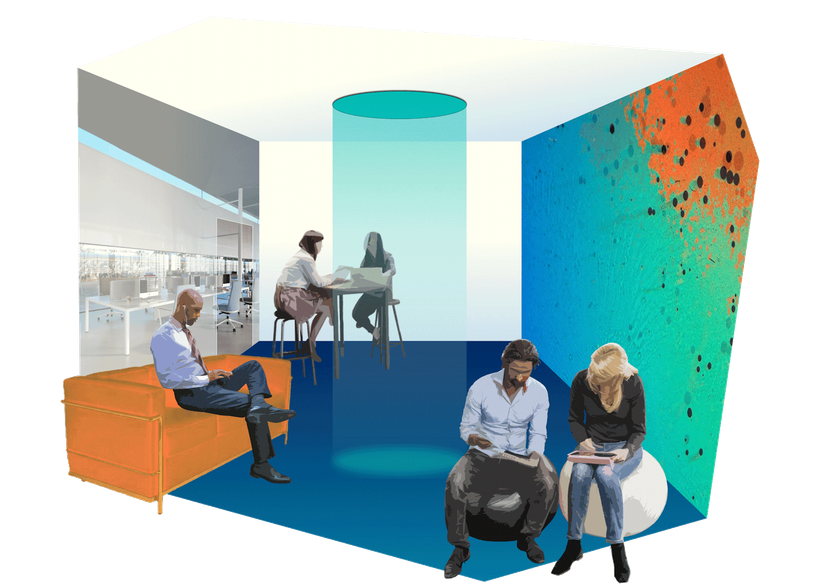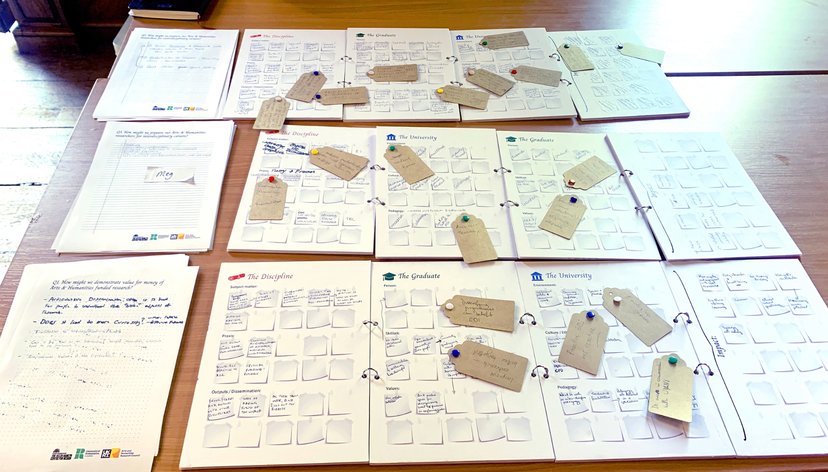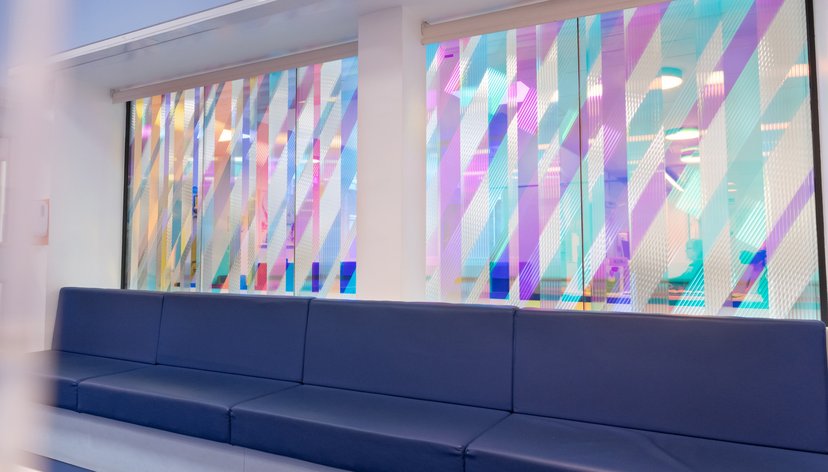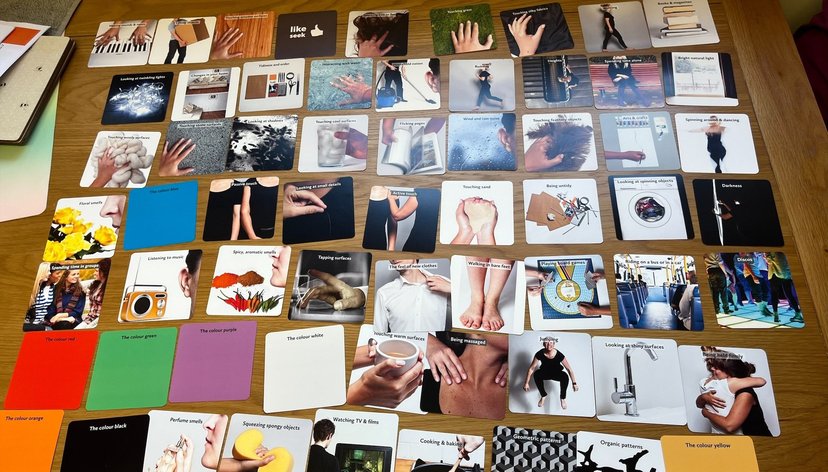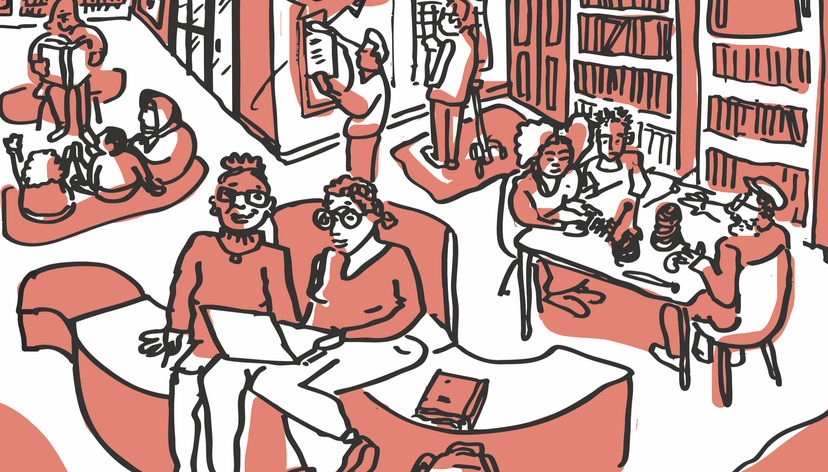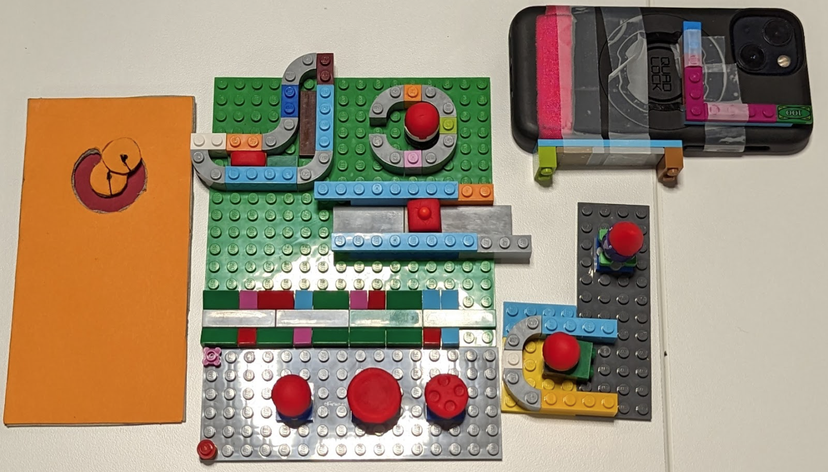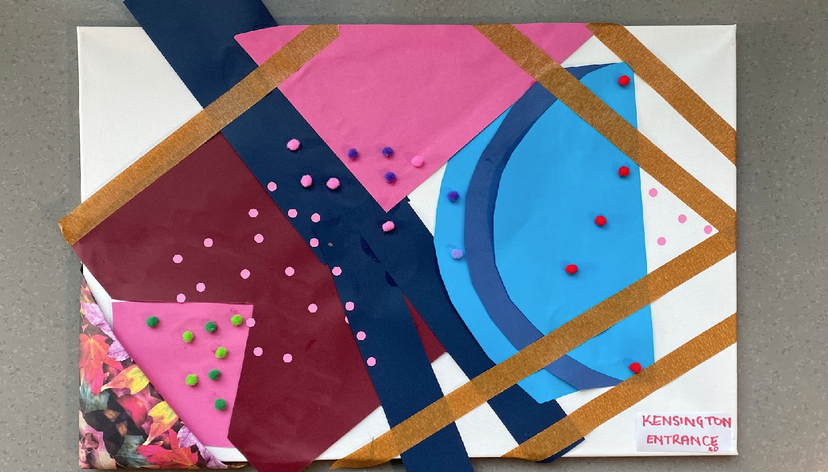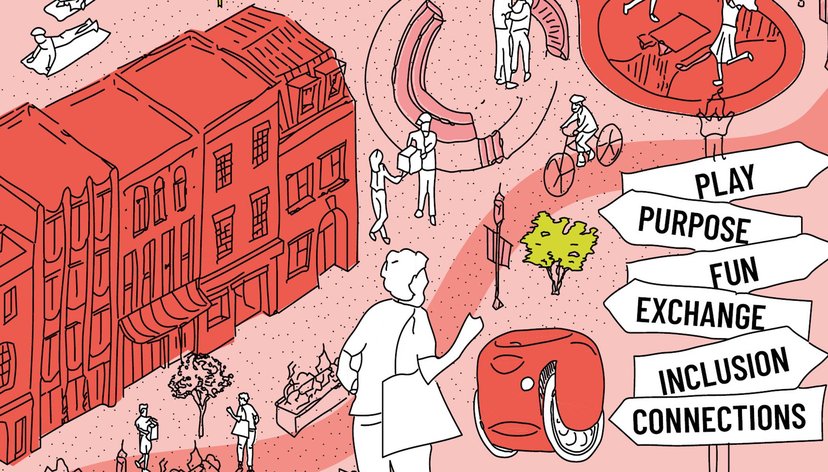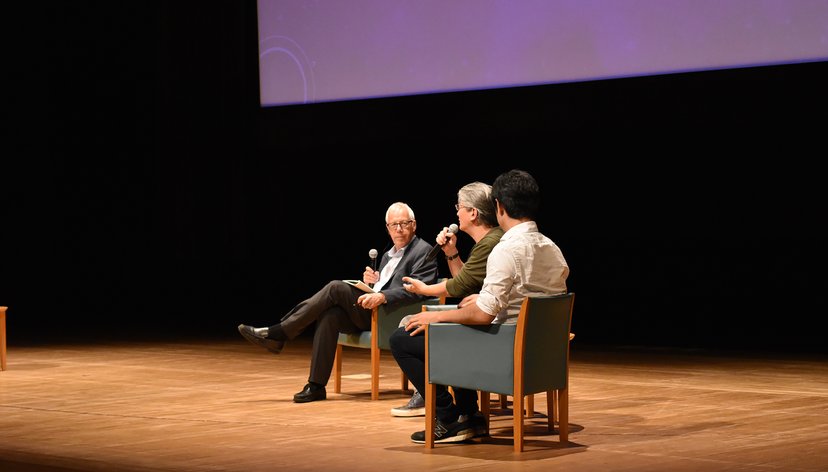
Using Creative Leadership to create a ‘Gold Standard’ Operations Control Centre for an airline focusing on people, environment and UX.
At a glance
- The project resulted from an ongoing strategic partnership between TATA Consultancy Service and an international Airline - the purpose was to improve the operational efficiency of the Airline, whilst improving staff and customer experience.
- Activities addressed three discrete, yet interlinked areas of delivery within the Airline Operations Control Centre (OCC), namely Technology / UX, Environment and People.
- The Centre’s model of Creative Leadership, and it’s three values – Empathy, Clarity and Creativity – were used as a framework to the research, delivery and outcomes
- Project outcomes include the design of a UX technology that made complex information accessible ‘at a glance’, the re-design of the OCC office environment to enable better communication and personal wellbeing, a proposition of evolving key performance indicators (KPIs) into key performance aspirations (KPAs) and several product concepts for improving controllers wellbeing and happiness in the workplace
Key details
Gallery
More information
The challenge
Flight delays, misconnections, cancellations and disruption scenarios are an everyday challenge for airline operations controllers who work to maintain the smooth-running of air transport. In 2018, our strategic partner TATA Consultancy Services (TCS) and a leading international Airline announced the launch of an ambition to digitally transform on-the-ground services and operations control by enabling controllers to make informed decisions that would improve service to passengers by providing staff with real-time views of their operations.
In an ongoing effort to enhance different areas of their services, the Airline, which is consistently recognised for the excellence of its passenger services, now aspires to provide the same quality of experience for its staff at its Operation Control Centre (OCC) by upgrading the technology they use, and improving the workspace and resource provision for staff.
Over the last two years, Research Associates Juliette Poggi and Ivelina Gadzheva have been working in collaboration with TCS to improve the operational efficiency of the Airline whilst maintaining, or improving, customer experience.
The project is part of a larger collaboration with TATA Consultancy Services, bringing people-centred and creatively-leading solutions to digital technologies. Related projects include:
Our approach
Following on-site research, including ethnographic observation of day and night shifts, stakeholder interviews, and workshops at the Airline, OCC the research team focused the project delivery in three major areas: ‘Technology’, ‘Environment’ and ‘People’.
Technology’ refers to all the devices and software that supports the airline controllers in making the right decisions during critical situations.

‘Environment’ focused on the workspace and how physical, functional, and psychological factors such as lighting, temperature, ergonomics, biophilia, and recreation spaces, could alleviate fatigue and improve overall health and wellbeing for staff.


Improving interactions and collaborations between different staff members and departments will be addressed under the heading of ‘People’.

The Creative Leadership model of The Helen Hamlyn Centre for Design was used to integrate Empathy, Clarity, and Creativity principles in developing people-centred solutions that align individual wellbeing, immediate need for change, and future-focused organisational aspirations. Specific aspects of this in practice included:
- The management of a complex, international, multi-stakeholder project;
- Guiding decision making in relation to best fit research methods and design approaches and tools;
- Exercising, and incorporating, Creative Leadership attributes and capacities in the development of people-centred design solutions, to align physical, technological and psychological factors in the delivery;
- Working together with the strategic partner and the Airline leadership team to map training needs and future design opportunities for transformation from the current state of the OCC towards a Gold Standard Operations Control Centre.
Outputs
This research will deliver a set of guidelines for a 'Gold Standard' OCC that will promote best practice within the design of operations control, highlighting people-centred criteria and specific design interventions for each of the focus areas.
Additional outcomes include:
- A paper presented at the 2020 dmi: Academic Design Management Conference: Impact the Future by Design
